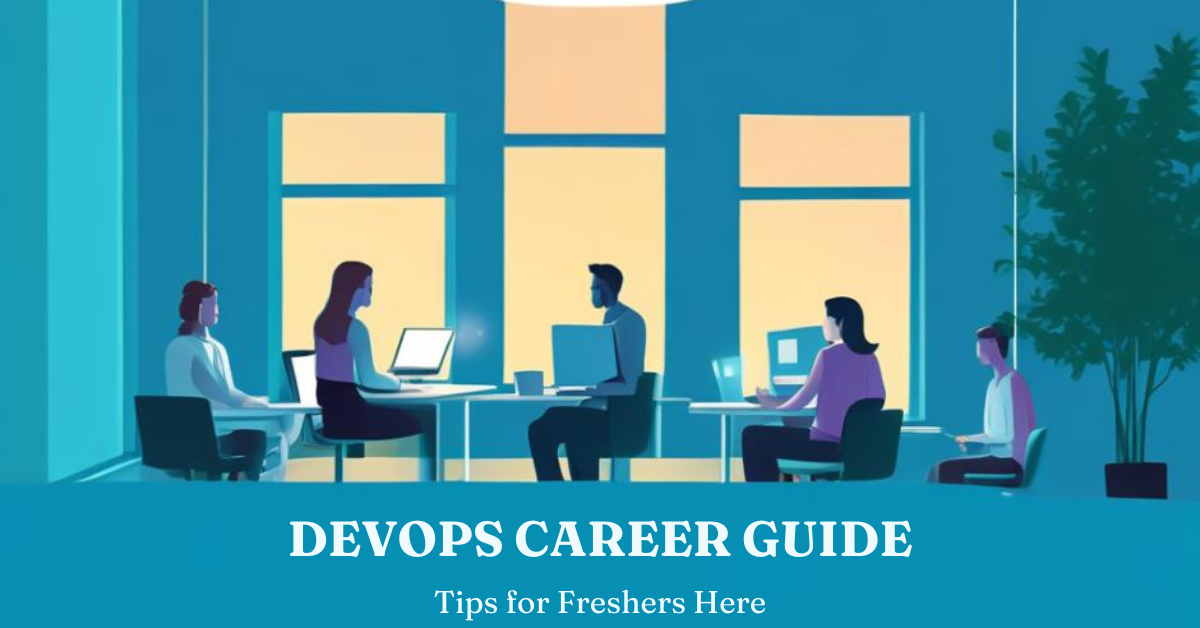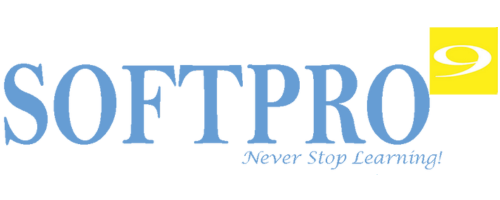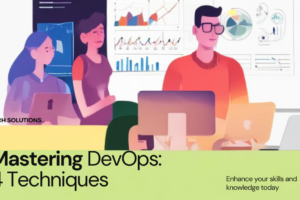
Kickstart Your DevOps Career: A Fresher’s Guide to Landing a Job at the Start of the Year
#1 Myinstitutes.com is one of the best educational portals and training institutes in MYSORE, MANGALORE, and BANGALORE.
Kickstart Your DevOps Career: A Fresher’s Guide to Landing a Job at the Start of the Year
The start of a new year is an ideal time for freshers to enter the job market, especially in high-demand fields like DevOps. Companies often plan fresh hiring cycles, making it the perfect opportunity for aspiring DevOps professionals to secure their first placement. However, breaking into DevOps as a fresher can seem challenging due to the specialized skill set it demands. This comprehensive guide will help you understand what it takes to land a DevOps job at the beginning of the year and set yourself up for success in the industry.
1. Understanding DevOps and Its Growing Demand
Before diving into job search strategies, it’s crucial to understand what DevOps is and why it’s in demand. DevOps is a combination of software development (Dev) and IT operations (Ops) aimed at improving collaboration, automation, and efficiency in software delivery.
With companies shifting toward cloud-based infrastructures and continuous integration/continuous deployment (CI/CD) methodologies, DevOps professionals are needed to manage automation, streamline workflows, and enhance system reliability. This demand makes DevOps one of the most promising career paths for freshers.
2. Build a Strong Foundation in DevOps Concepts
Since DevOps is a multidisciplinary field, you need to develop expertise in several areas:
Key Technical Skills Required for DevOps Jobs:
- Version Control Systems: Learn Git and GitHub to manage source code effectively.
- Continuous Integration & Deployment (CI/CD): Tools like Jenkins, GitHub Actions, and GitLab CI/CD help automate software releases.
- Cloud Computing: Familiarize yourself with platforms like AWS, Microsoft Azure, and Google Cloud.
- Infrastructure as Code (IaC): Understand tools like Terraform and Ansible for automating infrastructure management.
- Containerization & Orchestration: Learn Docker and Kubernetes to deploy and manage applications efficiently.
- Scripting & Automation: Master scripting languages such as Python, Shell, and Bash for automating DevOps tasks.
- Monitoring & Logging: Gain hands-on experience with monitoring tools like Prometheus, Grafana, and ELK Stack (Elasticsearch, Logstash, Kibana).
How to Learn DevOps as a Fresher?
- Enroll in Online Courses & Bootcamps: Platforms like Udemy, Coursera, and edX offer beginner-friendly DevOps courses.
- Follow YouTube Tutorials & Blogs: Many experts share free DevOps learning resources online.
- Read Official Documentation: DevOps tools often have extensive documentation to help beginners.
- Experiment with Hands-on Labs: Websites like Katacoda, Play with Docker, and AWS Free Tier provide hands-on practice environments.
3. Gain Hands-on Experience Through Projects
One of the biggest challenges freshers face is a lack of real-world experience. Since companies prefer candidates with practical knowledge, you can bridge this gap by working on DevOps projects.
Project Ideas for Beginners:
- Set up a CI/CD pipeline for a sample web application using Jenkins.
- Deploy a simple website on AWS using Terraform for infrastructure automation.
- Create a Dockerized application and orchestrate it using Kubernetes.
- Configure Ansible to automate server provisioning and configuration.
- Monitor a cloud-based application using Prometheus and Grafana.
Showcasing Your Projects:
- Upload your projects to GitHub and add detailed documentation.
- Write a blog explaining your project and what you learned from it.
- Participate in open-source projects to collaborate with other developers.
4. Earn Relevant DevOps Certifications
Certifications can make your resume stand out by validating your skills. Here are some of the most valuable certifications for DevOps beginners:
- AWS Certified Cloud Practitioner (Entry-level cloud knowledge)
- AWS Certified DevOps Engineer – Associate (Intermediate DevOps skills in AWS)
- Microsoft Certified: Azure Fundamentals (Basic Azure cloud knowledge)
- Certified Kubernetes Administrator (CKA) (Validates Kubernetes expertise)
- Docker Certified Associate (DCA) (Demonstrates Docker container skills)
- HashiCorp Certified Terraform Associate (Shows proficiency in infrastructure automation)
5. Build a Strong Professional Network
Networking is essential when searching for your first DevOps job. Many freshers get hired through referrals, so expanding your professional circle can be highly beneficial.
Where to Connect with DevOps Professionals?
- LinkedIn: Follow DevOps influencers, join DevOps-related groups, and engage with industry posts.
- GitHub: Collaborate on open-source projects and contribute to repositories.
- DevOps Communities: Join forums like DevOps Subreddits, Stack Overflow, and Discord groups.
- Meetups & Conferences: Attend virtual and in-person DevOps meetups, hackathons, and webinars.
Engaging with professionals in these communities can provide valuable insights and job opportunities.
6. Prepare for DevOps Interviews
Once you’ve built a solid foundation, gained hands-on experience, and earned certifications, it’s time to start preparing for DevOps interviews.
Common DevOps Interview Topics:
- Basic Linux Commands and Scripting (File handling, process management, networking commands)
- Version Control Systems (Git branching, merging, resolving conflicts)
- CI/CD Pipelines (How to automate deployments using Jenkins/GitHub Actions)
- Cloud Services (Fundamentals of AWS/Azure/GCP)
- Containerization (Dockerfile, Kubernetes deployments, Helm Charts)
- Infrastructure as Code (IaC) (Terraform basics and configuration management)
- Monitoring & Logging (How to track system performance and troubleshoot issues)
Mock interviews and coding challenges can help you become more confident before attending real interviews.
7. Start Applying for DevOps Jobs and Internships
Now that you’re well-prepared, it’s time to apply for jobs. Many companies hire DevOps engineers at the beginning of the year, so take advantage of this hiring trend.
Best Places to Find DevOps Jobs for Freshers:
- LinkedIn Jobs (Regularly update your profile and apply for fresher roles)
- Naukri.com, Indeed, and Glassdoor (Search for “DevOps fresher” or “DevOps trainee” jobs)
- Company Career Pages (Follow top tech companies and check their hiring sections)
- Internship Platforms (Internshala, AngelList, and Turing offer DevOps internships)
Resume Tips for Freshers Applying for DevOps Jobs:
✔ Highlight technical skills, projects, and certifications upfront.
✔ Keep it concise (1-page resume preferred).
✔ Use bullet points for easy readability.
✔ Add links to your GitHub, portfolio, and LinkedIn profile.
✔ Tailor your resume and cover letter for each job application.
Final Thoughts
Landing a DevOps job as a fresher may seem daunting, but with the right approach, dedication, and continuous learning, you can successfully break into the field. Start by mastering essential DevOps tools, working on real-world projects, earning certifications, networking with professionals, and applying for jobs strategically.
By taking action today, you can secure your first DevOps placement at the beginning of the year and set yourself on a path to a successful career in this exciting and high-growth industry. 🚀
Are you ready to take the first step? Start building your DevOps portfolio today!
Top 3 MSc in Animation VFX Courses in Bangalore
- Myinstitutes
- Jain University
- Asian Institute of Design



